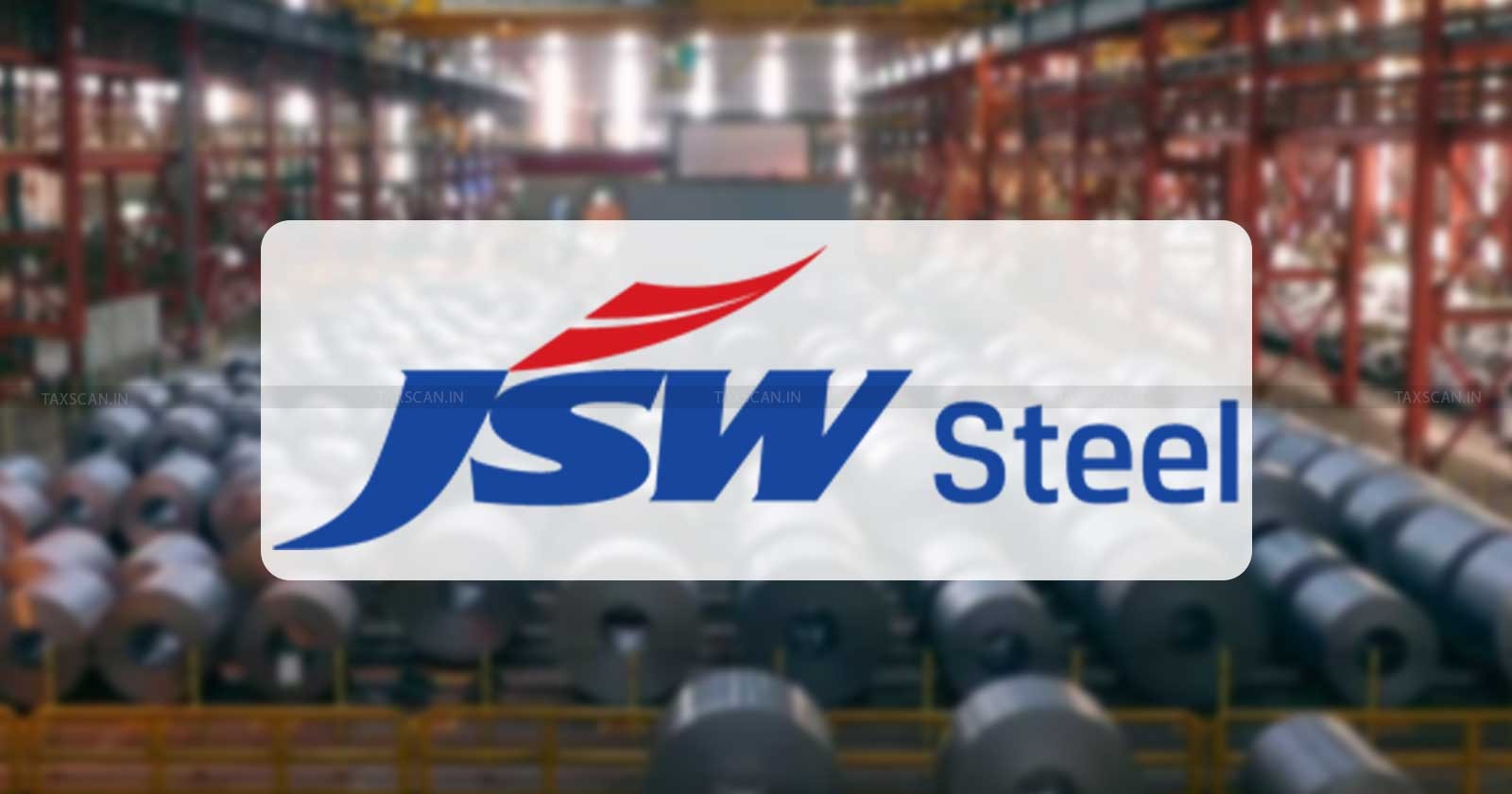Setback for JSW Energy: CESTAT Rules Final Customs Assessments Cannot Be Reopened Without Statutory Appeal, Rejects Refund Claim [Read Order]
CESTAT held that final customs assessments can only be challenged through a statutory appeal under Section 128, not reopened by the adjudicating authority
![Setback for JSW Energy: CESTAT Rules Final Customs Assessments Cannot Be Reopened Without Statutory Appeal, Rejects Refund Claim [Read Order] Setback for JSW Energy: CESTAT Rules Final Customs Assessments Cannot Be Reopened Without Statutory Appeal, Rejects Refund Claim [Read Order]](https://images.taxscan.in/h-upload/2025/08/14/2076691-setback-for-jsw-energy-jsw-energy-cestat-cestat-rules-taxscan.webp)
The Hyderabad Bench of the Customs, Excise, and Service Tax Appellate Tribunal (CESTAT) ruled that the adjudicating authority cannot reopen a final customs assessment without a statutory appeal under Section 128 of the Customs Act, 1962.
JSW Energy Ltd., the appellant, imported steam coal from Indonesia and claimed concessional Countervailing Duty (CVD) at 2% under Notification No. 12/2012-Cus while also availing Basic Customs Duty (BCD) exemption under Notification No. 46/2011-Cus. The provisional assessments were finalized at 6% CVD, and the appellant paid the differential 4% with interest under protest.
 Also Read:Setback for Pigeon India: CESTAT rejects ₹17.25 Lakh Excise Duty Refund for Not Challenging Self-Assessment [Read Order]
Also Read:Setback for Pigeon India: CESTAT rejects ₹17.25 Lakh Excise Duty Refund for Not Challenging Self-Assessment [Read Order]
Following the Orissa High Court’s decision in Visa Steel Ltd. and CBEC Circular No. 41/2013, which allowed simultaneous BCD exemption and concessional CVD, JSW sought modification of the Bills of Entry and refund of the excess duty paid.
Comprehensive Guide of Law and Procedure for Filing of Income Tax Appeals, Click Here
The Deputy Commissioner accepted the claim in 2015 but the Commissioner (Appeals) set aside this order, holding that a refund could not be granted without challenging the finalization letter issued on 1 July 2014.
The appellant’s counsel argued that the appeal under Section 128 is not the sole remedy and that modification was permissible under Sections 149, 154, or 17(4) of the Customs Act. They also argued that the finalization letter was not a speaking or appealable order and that the department should not retain excess duty.
The revenue counsel countered that once a final assessment is issued, it can only be modified through a statutory appeal and not through refund claims, and that Sections 149 and 154 apply only to clerical or document errors, not to reopening assessments.
 Also Read:Relief to JSW Steel: CESTAT allows Refund of CVD and SAD paid post July 2017 u/s 142(3) of CGST Act [Read Order]
Also Read:Relief to JSW Steel: CESTAT allows Refund of CVD and SAD paid post July 2017 u/s 142(3) of CGST Act [Read Order]
Comprehensive Guide of Law and Procedure for Filing of Income Tax Appeals, Click Here
The two-member bench comprising A.K. Jyotishi (Technical Member) and Angad Prasad (Judicial Member) observed that the case did not involve clerical mistakes or document amendments but amounted to reviewing the original decision, which the adjudicating authority could not do.
The tribunal pointed out that the proper course for the appellant was to challenge the assessment under Section 128 rather than bypassing the appellate process. The tribunal explained that under established legal principles, no refund can be granted while the original assessment order stands unchallenged. The appellant’s appeals were dismissed.
Support our journalism by subscribing to Taxscan premium. Follow us on Telegram for quick updates


